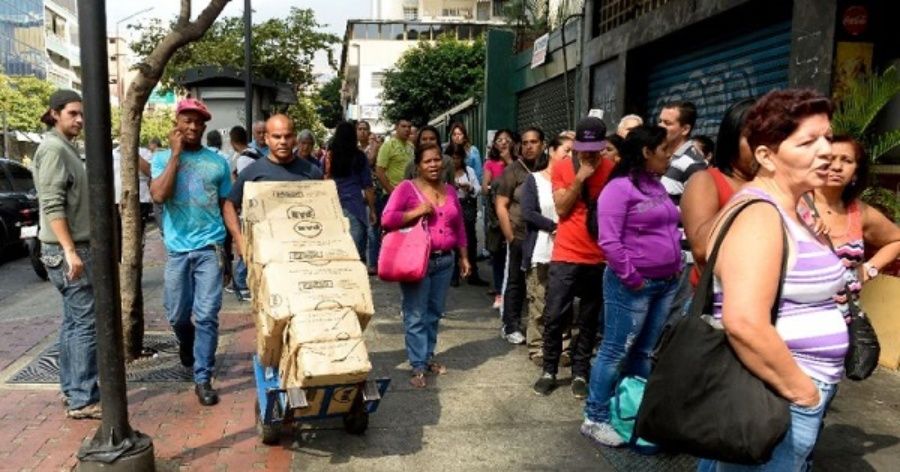TORONTO'S REAL ESTATE MARKET
IS A HOUSE OF CARDS
City council needs to prepare for the correction in the housing market that the Bank of Canada governor says is just around the corner
 For almost two decades, Torontonians lucky enough to get mortgage approval have been buying into an increasingly inflated housing market and thinking they're sitting on a gold mine.
For almost two decades, Torontonians lucky enough to get mortgage approval have been buying into an increasingly inflated housing market and thinking they're sitting on a gold mine.
Instead, some may find themselves atop a house of cards.
Last week, Bank of Canada Governor Stephen Poloz warned in his semi-annual Financial System Review about a potential drop in real estate prices in Toronto and Vancouver. He said Toronto's rising prices are "unlikely to be sustained."
In case you don't follow Bank of Canada governor-speak, that is a very cautious, circumspect way of warning those in a shaky financial situation to batten down the hatches.
Poloz: "When people say, 'Well, I need to buy a house because I'm worried that prices are going to go up this much again next year and I'll be priced out of the market," in our opinion the fundamentals do not justify that kind of extrapolation."
 When he says "fundamentals," he means that job growth, incomes and immigration are not keeping pace with the inflated housing market.
When he says "fundamentals," he means that job growth, incomes and immigration are not keeping pace with the inflated housing market.
For a long time we've known that Toronto's hot house and condo market was entering uncharted territory. As early as 2010, Canadian Centre for Policy Alternatives senior economist David Macdonald warned that Toronto (along with other Canadian cities) was experiencing housing price increases that were "outside of their historic comfort zone."

The share of mortgage liabilities to total credit market debt reached 65.6 percent in the first quarter, “continuing an unbroken upward trend that began in the first quarter of 2010,” the agency wrote. The last time the ratio reached that level was in the second quarter of 1997
New York state’s $178.1 billion retirement system eked out a 0.19 percent return for the year that ended March 31 as stock prices declined, falling far short of what it expects to earn on its investments each year.
The European Central Bank has contributed to the fall in bund yields through its massive bond-buying program, aimed at lowering financing costs across the eurozone.
DE- INDUSTRIALIZATION: Implosion of Venezuela
The Disaster of De-industrialization
Once a nation no longer produce essential goods and services, it becomes vulnerable to collapse.
By now, we all know what's happening in Venezuela: hyperinflation, empty stores, a regime in denial. The Trajectory of Venezuelan Hyperinflation Looks Frighteningly Familiar... (Zero Hedge)

My contacts in Venezuela tell me that merely posting the black market exchange rate of bolivars to USD can get you arrested. So yes, Venezuela's regime has gone full Orwell-1984: whatever is true is outlawed.
Venezuela is imploding not because of hyper-inflation, but as a result of policies that led to hyper-inflation: policies that generate perverse incentives, disincentives to produce goods and services and incentives to depend on government subsidies.
But one of my correspondents nailed a key cause that is rarely discussed: Venezuela has been effectively de-industrialized. Capital that should have been invested in the electrical grid and the oil industry has been diverted to other pet projects (and the pockets of regime insiders).

